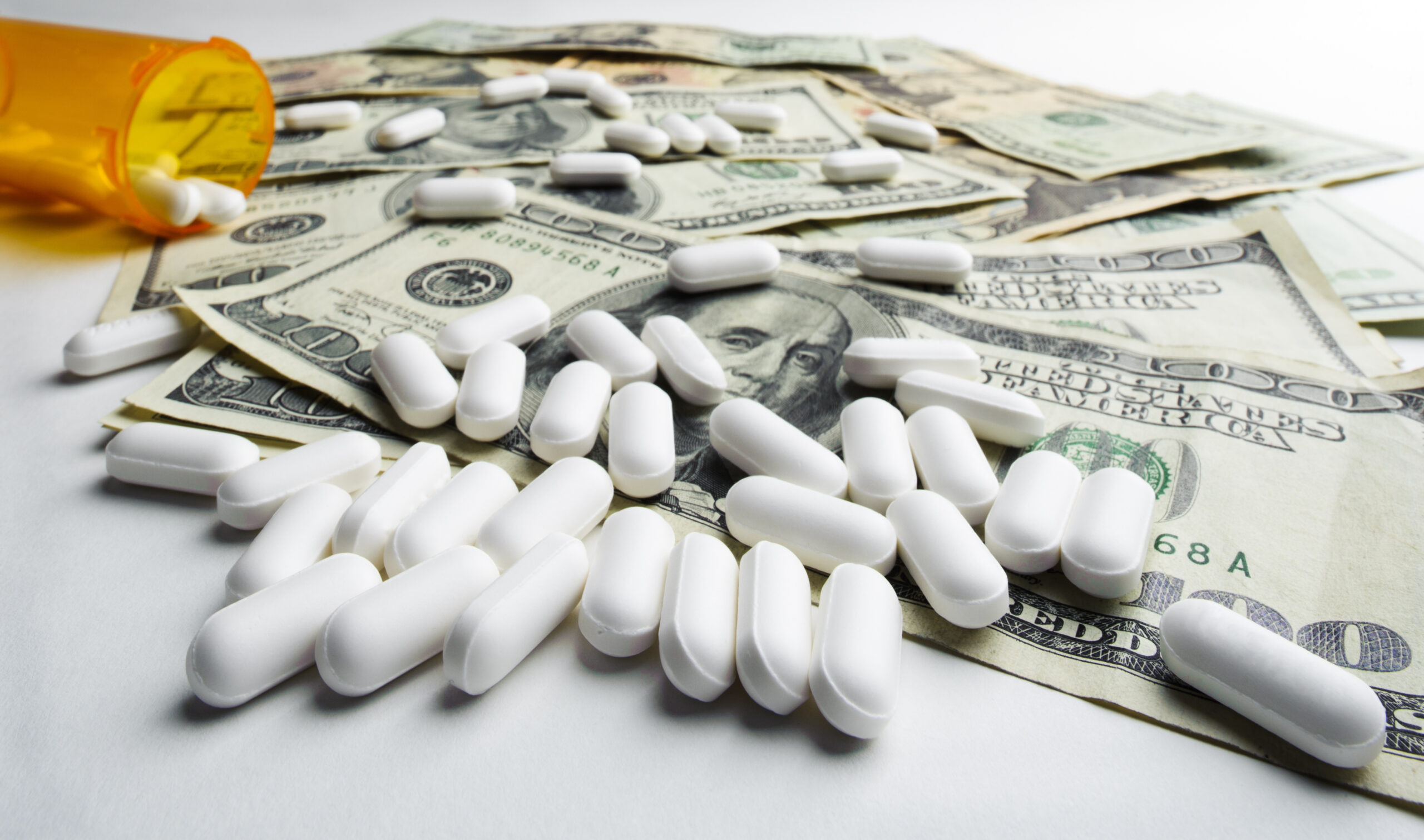© 2024 CSRXP- All Rights Reserved

Two Birds of a Feather: AbbVie to Acquire Fellow Price-Gouger Allergan In Multi-Billion Dollar Deal
Jun 26, 2019
This week, Big Pharma giant AbbVie announced plans to acquire drug maker Allergan in a $63 billion merger. AbbVie, the maker of top-selling drug in the U.S. Humira, notched over $32 billion in revenue in 2018, while Allergan, best known for manufacturing Botox, made nearly $16 billion in annual revenue.
What do AbbVie and Allergan have in common? Both follow the Big Pharma playbook of price gouging patients and consumers while stamping out competition.
As they say, birds of a feather flock together.
Here are just a few examples of how AbbVie has been using its blockbuster drug Humira to price gouge patients and block competitors from coming to the market:
- From 2012 to 2018, AbbVie Doubled The List Price Of Its Top Selling Drug Humira From $19,000 To $38,000. (Danny Hakim, “Humira’s Best-Selling Drug Formula: Start at a High Price. Go Higher.,” The New York Times, 1/6/18)
- AbbVie Increased Its $20 Billion Blockbuster Drug Humira By 6.2 Percent Just A Couple Of Months After Settling Lawsuits To Keep Generics Off The Market Until 2023. “AbbVie increased by 6.2 percent the list price of its blockbuster rheumatoid arthritis treatment Humira, which is on pace to record about $20 billion in sales in 2018.” (Michael Erman, “Drug Companies Greet 2019 With U.S. Price Hikes,” Reuters, 1/2/19)
- Originally Set To Lose Patent Protection In 2014, AbbVie Has More Than Doubled The Span Under Which Its Blockbuster Humira Is Covered, With The Latest Expiration Now In 2034. “The company listed 22 patents for various diseases or methods of treatment, 14 on the drug’s formulation, 24 on its manufacturing practices, and 15 ‘other’ patents. The latest expiration date is 2034 – providing more than double the protection span a drug such as Humira might normally expect.” (Cynthia Koons, “This Shield Of Patents Protects The World’s Best-Selling Drug,” Bloomberg Businessweek, 9/7/17)
Allergan has been steadily increasing prices of their drugs, too, while abusing the patent system keep prices high:
- In 2019, Allergan Has Already Increased The Price Of 140 Drugs At An Average Percent Change Of 8.1%. (“Get The Facts On Brand-Drug Price Changes,” 46brooklyn, 5/27/19)
- On January 1st, 2018 Allergan Raised The Price Of 75 Drugs — Nearly Its Entire Portfolio. The Majority Of These Drugs Were Raised By 9.5 Percent. (Joe Nocera, “How Allergan Continues to Make Drug Prices Insane,” Bloomberg, 1/9/19)
- When The Patent For Asacol HD Was About To Expire, Allergan Sued A Generic Drug Maker And Cut A Deal That Would Allow Them To Reap Over 75 Percent Of The Generic’s Profits – Limiting Competition And Keeping Prices High. (Joe Nocera, “How Allergan Continues to Make Drug Prices Insane,” Bloomberg, 1/9/19)
- Allergan Tried to Use A Backhanded Scheme To Skirt The U.S. Patent System By Selling Its Patent On Restasis To A Native American Tribe In Exchange For The Exclusive Right To Continue Manufacturing And Marketing The Drug. “In September 2017, Allergan transferred patents for the eye drug to the [Saint Regis Mohawk] tribe in upstate New York near the Canadian border. Allergan paid the tribe $13.75 million up front and agreed to pay up to $15 million a year in royalties as long as the patents remained valid. At the same time, the tribe gave Allergan ‘the sole and exclusive right’ to manufacture and market the drug in the United States for uses approved by the Food and Drug Administration.”(Robert Pear, “Indian Tribe Joins Big Pharma at the Supreme Court, Defending a Lucrative Deal, New York Times, 1/26/19)
This isn’t the first major Big Pharma takeover to happen this year. In January, Bristol-Myers Squibb announced it was paying $74 billion for rival cancer drug company Celgene – one of the biggest mergers in industry history.
Experts predict that more mergers are on the horizon. Why is that? Many of the largest drug makers have cash to burn as a result of their egregious pricing and monopolistic practices.
So keep that in mind next time you hear Big Pharma executives claim their pricing practices are necessary to support research and development.
###
